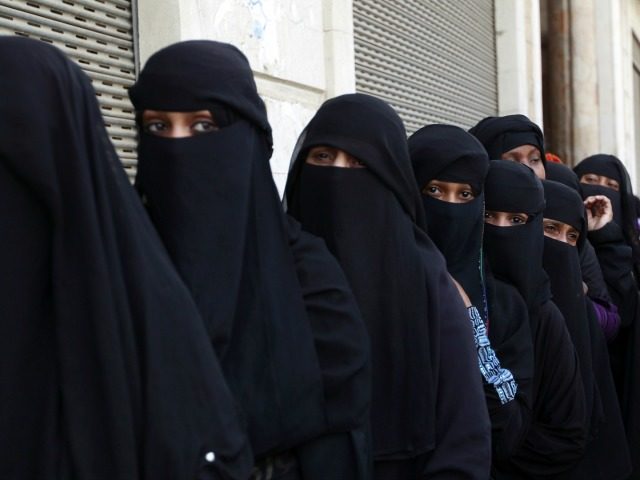Senior German Ministers have called for a ban on wearing the burka to be included in the new “Berlin Declaration” security measures. One Christian Democrat (CDU) member called the full-face veil “a symbol of oppression and parallel societies”.
Politicians are urging Interior Minister Thomas de Maizière to introduce a burka ban as part of what is being called the “Berlin Declaration” security measures which will be discussed this week. Among the motion’s supporters are many elected MPs from Angela Merkel’s own CDU party.
Despite Baden-Württemberg State Minister of the Interior, Thomas Strobl, stating that the ban is not an aim of the CDU, other CDU politicians from the southwest of the country have come out in favour of legislation to ban the Islamic full-face veil, reports Der Tagesspiegel.
Berlin’s Interior Senator Frank Henkel, as well as advocating for the abolition of dual citizenship, declared that a burqa ban is “desirable”.
Julia Klöckner, CDU regional head in Rheinland-Pfalz, called for a burka ban in 2014, and is pleased that the issue is being raised again within her party. “The full-face veil is not a sign of religious diversity, but represents a pejorative image of women,” said Ms. Klöckner, who stated that the burka “prevents women from integrating in our country and participating as men can”.
And the state leader of the Youth Union in Baden-Württemberg, Nikolas Löbel, called the burka “a symbol of oppression and parallel societies”.
Mr. de Mazière will be discussing the Berlin Declaration security proposals this week, which includes increasing the number of police officers, greater surveillance tools, and the power to deport Islamist preachers who incite terrorism.
The most controversial proposals are the ending of dual citizenship and the banning of the burka, both on the grounds that they impede integration; but German press anticipates that the Interior Minister would not at present back legislation on the latter.
Elsewhere in Europe it has been made illegal to wear the burka in public in France (since 2010), Belgium (2011), and Switzerland is looking to roll out the ban across the country after it was successfully banned in the Italian-speaking canto of Ticano in 2013.

COMMENTS
Please let us know if you're having issues with commenting.